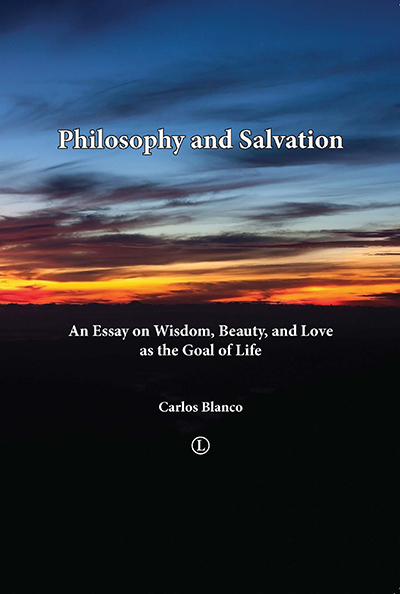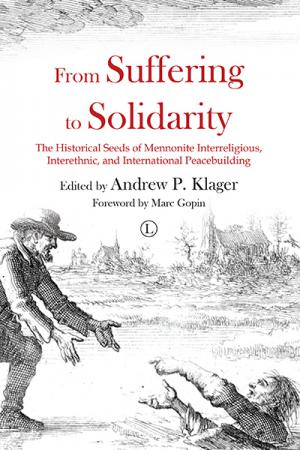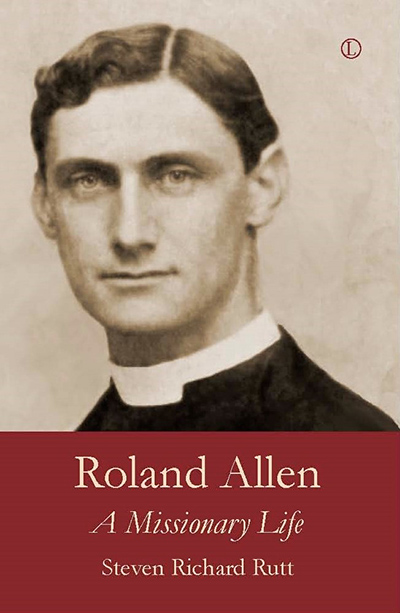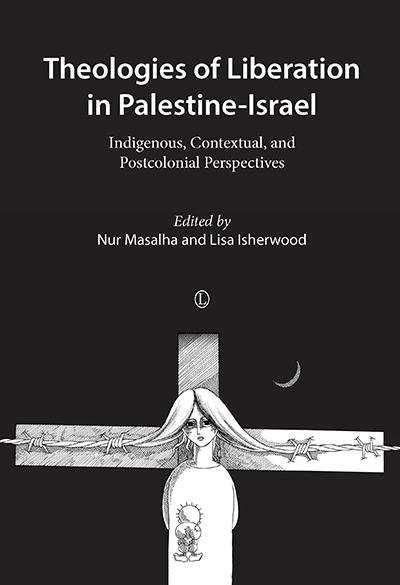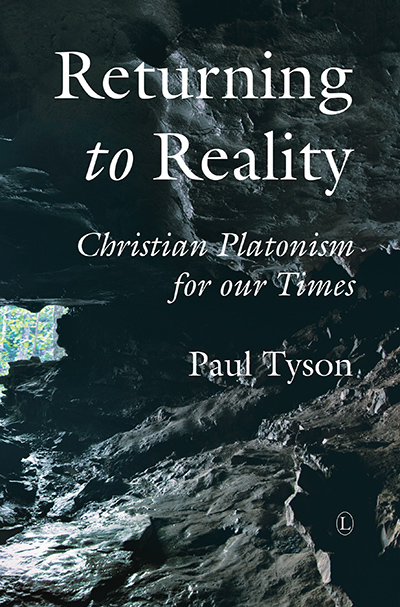Description
We all seek salvation, claims Carlos Blanco, because we all become prisoners of negativity. Humanity wants to be saved, we want to overcome the negativity that so often enslaves us. But where is the saviour to be found, and where is the source of salvation? Blanco examines the Fundamentum, a philosophical approach to the salvation of humanity, analysing the concepts of wisdom, love, and beauty, to extrapolate the individual facets necessary to achieve happiness. The concluding analysis concerns God as humanity’s salvation and explores how the concept of a ‘high-power’ influences a feeling of longing. Recognising that humanity has received an ability beyond that of any ‘high-power’, Blanco focuses our attention on the importance and significance of contemplation, stating that the ability to think is the salvation of humanity.
Philosophy and Salvation is a captivating exploration of the realm of human happiness. Containing clear description and an engaging argument, this book will stimulate the inquisitive mind, and will be of great interest to students and academics. As Blanco argues: “The word saves us: the word of science, the word manifested in art, the word of a society which promises something for itself … Humanity understands itself through language: human beings use words in order to know each other and to cooperate in the edification of something that may transcend them. The word invites us, and in fact leads us to transcendence. This is salvation: to inaugurate a new world in which the former negativity may be overcome.”
About the Author
Carlos Blanco is the author of El Pensamiento de la Apocalíptica Judía, Why Resurrection? (Pickwick Publications), and Mentes Maravillosas que Cambiaron la Humanidad. He has been a Visiting Fellow at the Committee on the Study of Religion at Harvard University, and he is currently a researcher and professor at Instituto de Cultura y Sociedad (Spain).
Contents
Acknowledgments
Introduction: The Salvific Dimension of Thought
Part 1: In Search of Fundamentum
1. Philosophy beyond Science
2. The Senses of Being
3. The Dynamism of Being
Excursus: On the Dimensions of Being and the Limitations of the Principle of Non-contradiction
Part 2: Fundamentum in History
4. Consciousness beyond the World: Freedom
5. Freedom beyond Itself: Solidarity
6. Solidarity beyond Itself: Creation
Excursus: A Salvific History for All
Excursus: From the “Thrownness” into the World to the Kingdom of Ends
Excursus: The Concept of Religion and the Scope of Theology
Excursus: The Names of Humanity and the Utopia of a Redeemed Past
Part 3: Questioning as Salvation
7. Death as Challenge
8. Wisdom, Love, and Beauty
Epilogue: Only a God Can Still Save Us
Appendices
Appendix A: Hegel: History, Theodicy, Art, and Redemption
Appendix B: Dilthey and the Legitimacy of the “Sciences of the Spirit”
Appendix C: Religion as Illusion in Sigmund Freud
Appendix D: The Conception of God as Das Ganz-Andere in Rudolf Otto
Appendix E: God, the Future, and the Fundamentum of History in Wolfhart Pannenberg
Appendix F: The Rose and Its Reason
Bibliography
Endorsements and Reviews
Can we still conceive of philosophy as thinking oriented toward the future? Can philosophy reassume the right to ponder a human novum? Furthermore, can it do so without incurring in the sort of mysticism that is foreign both to the life and the human sciences? In sum, can we substitute expectation for melancholy? These are some of the questions tackled by this book. … Carlos Blanco trails a path that leaves behind the times of deconstruction and the hermeneutics of suspicion.
José Luis, Villacañas Berlanga, Universidad Complutense de Madrid

